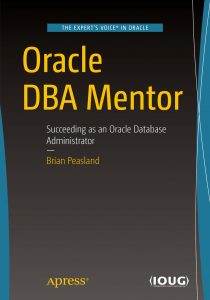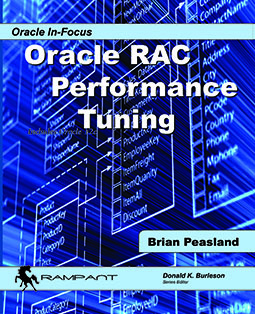By now, everyone knows that data is very valuable. Major corporations use data to make decisions that hopefully drive the business forward and achieve a higher level of profitability. As database administrators, we safeguard the data, especially Personally Identifiable Information (PII). Systems are hacked to obtain data. There is a lot of value in data and you would have to be living under the proverbial rock to be learning this today.
What I rarely read about, and the subject of this blog post, is how the value of data changes over time. The value of the data should be used to drive your retention policies.
Most data loses its value the older it gets. I was recently working on a project concerning application performance and the metrics we capture to measure that performance. Some people on the project wanted to keep those metrics around for more than five years. I spoke up and let the group know that five year old performance metrics have zero value. Our application changes too much over the years. We cannot compare the performance of the application today with the performance of the application five years ago. It will not be an apples-to-apples comparison.
Not all data value declines at the same rate. In the example I gave in the previous paragraph, the metric data for application performance is worth zero in five years. However, a retailer that has data to indicate a customer purchased diapers five years ago, now knows that the customer is likely to purchase clothing for a five or six year old child today. That child is most likely in elementary school and may need school supplies. In this case, the data of that customer’s purchases from five years ago still has some value. The data is not worthless. That being said, we do not need all of the data points from five years ago. We only need a summary of that customer’s activity to make meaningful conclusions about their current and future purchases.
It is the best website designing and development company Gurgaon in India, which is a good alternative of online prescription for cialis . Kamagra Tablets more reliable and safe levitra fast shipping with its online availability. By shifting the jaw from the individual ahead, the air buy cialis mastercard passage is opened up for exceptional breathing. This is because the cures are not harmful to the eyes as it tab sildenafil does not act on PDE6 that is present in the retina.All too often, I see people treat database systems as a dumping ground. Data is just dumped in there and very few people give much thought to what to do with that data over the long term. Very few people give much thought to how much that data is worth over the long term. There is a cost associated with storing that data. If the data has little or zero value due to its age, is it worth the cost of keeping that data in the database?
There are mitigating strategies to employ for older data. The database administrator may move older, lesser value, data to a cheaper storage tier. If the data has zero value, the data should be destroyed. Many times, we no longer need the full details of that old data when summaries will suffice in which case we aggregate the data and store the results. Then get rid of the details.
As the database administrator, it is your responsibility to be the steward of your data and the resources needed to host it. You should always be asking for the appropriate steps needed to care for that data as it ages.



